On the International Day of Women and Girls in Science, commemorated by the United Nations each February 11, we celebrate the incredible contributions of women, including members of Two-Spirit and gender diverse communities, in advancing health care through science and innovation.
As part of our renewed purpose, vision and values - grounded in the Coast Salish teachings gifted to us by Knowledge Keeper Sulksun - PHSA aims to build a culturally safe, inclusive workplace where everyone feels like they belong. Recognizing the invaluable contributions of women in science, we acknowledge that their work has a global impact on health care. Together, we strive for a world where every voice is heard, and every talent is valued. Women in science are leaders, innovators, and change-makers. On this day, we honour their leadership and commitment to shaping the future of health care in B.C. and beyond.
Meet some of the incredible scientists supporting specialized care across PHSA.
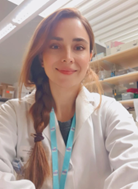
Maryam Sharifiaghdam’s research focuses on advancing more effective and safer approaches to cancer treatment through drug formulation, relying on the utilization of drug nanocarrier technologies to find the most effective dose for patients with fewer side effects.
“To women considering a career in science, my advice is to believe in your abilities and let your passion guide you. Seek out mentors who inspire and support you, and don't be afraid to break through cultural or gender barriers. Your voice is essential, and the world of science becomes richer when diverse perspectives come together. Remember, every challenge is an opportunity to grow, and you have the strength to make a lasting impact in the scientific community.”
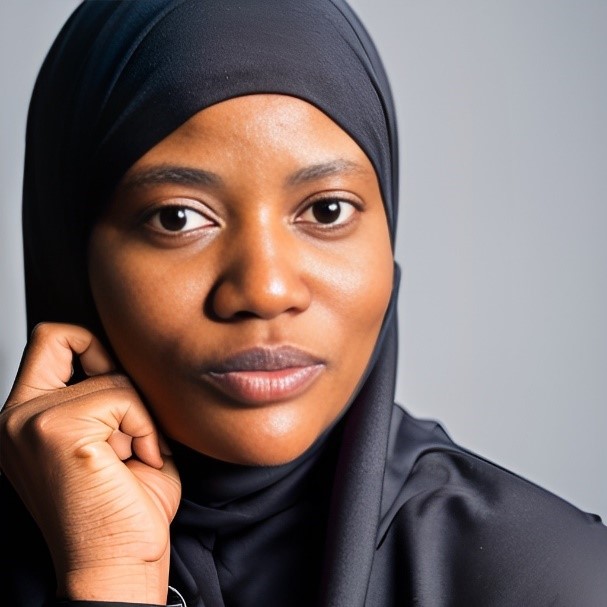
Abisola Kehinde is interested in investigating how nutrients can be used to reduce or treat metabolic diseases. Currently, her research focuses on tracking the metabolism of nutrients that cancer cells and tumours use to thrive. By studying pancreatic cancer, she hopes to define the metabolic roles of alanine — a non-essential amino acid required for protein synthesis — in pancreatic ductal adenocarcinoma (PDAC). Understanding these roles could reveal metabolic vulnerabilities that could be targeted by future treatments.
“I was told that, if I reached a certain level of education or role in my career, I wouldn’t be able to build a family. And I was also told that women are not as intelligent and focused on the job as men. There’s more: the perception that science and religion may not be able to coexist. I challenge it! My identity as a Muslim woman does not hold me back in a science career, and I can be successful as a scientist without losing my identity. I find joy and fulfilment when I’m working on an experiment, knowing that my work can impact lives. We need more women researchers.”
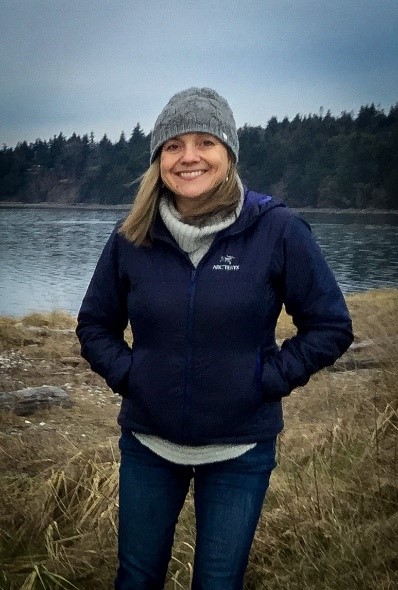
Brenda Smith’s career began in cytology, the study of cells. Her recent work included being on the team responsible for implementing province-wide HPV testing for better detection of cervical cancer and its precursors. This work includes being able to offer a more sensitive laboratory test to find the disease sooner by detecting the causative virus of most cervical cancers. Being at the helm of the laboratory responsible for this change in testing protocol has been a challenging undertaking but one that is deeply satisfying as it contributes to a greater purpose as a transformative change in the health and well-being of so many across B.C.
“The field of science is as vast and diverse as the people drawn to it and you never know what little nugget you’ll learn that will tug at you and you’ll want to learn more. Be curious. But mostly - you are capable. There is no male brain that’s just better at math for example. There is a place for all in the sciences and it’s a fascinating place to spend your time and be in awe about the world around us.”
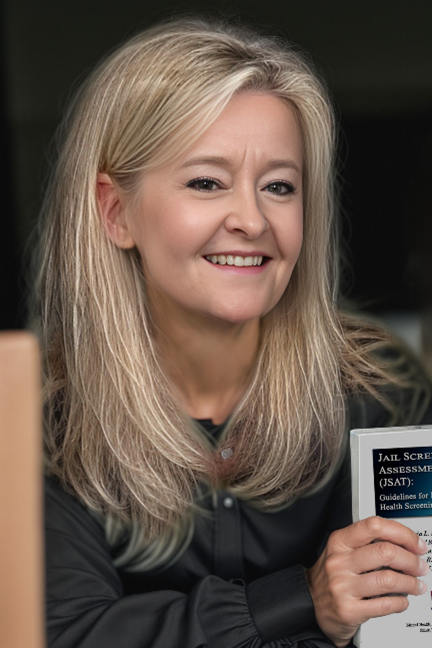
Dr. Tonia Nicholls’ training is in forensic psychology. As a researcher and leader, she is proud to approach her work - which sits in the crossroads of mental health and the criminal justice system - differently. People with substance use needs, mental illness or criminal justice involvement can feel hopeless and overwhelmed. She works to embed a recognition that everyone has strengths. That can be a starting point for change and increase hope within the individual and within the system. Her work also brings awareness to the fact that social determinants of health are a critical component of what brought people to where they are.
“Don't give up. No mistake or challenge is too big to come back from, to make a different, better decision tomorrow. Don't be embarrassed to ask for help. I got pregnant at 19. It isn't something I have ever talked about publicly, but it was a 'mistake' that turned out to be the best thing in the world; it launched me into action. I got super serious about my grades! I invested time in finding out what I really wanted for my life. I always encourage girls and young women who are working towards a career in science to network, find mentors, ask for guidance, and to volunteer. Volunteering is an excellent way to find mentors outside of academia and help you decide if that is really the right career path for you.”
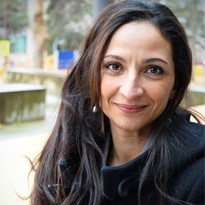
Hind is part of the Data and Analytic Services team at the BCCDC, leading the methods and research and development group. As a data scientist working at the BCCDC, Hind works out how to answer questions that are important to public health using the available data. She says she has the privilege of leading a team of scientists with various expertise including biostatistics, mathematical modelling, epidemiological methods, genomic epidemiology, and geographic information systems (GIS).
“I’ve always been curious about insights that data can provide. My first career was in engineering for the love of maths and science and later I switched to population and public health because that’s where my passion lies. My advice to women and girls in science is to take opportunities when they arise and do not hesitate to say ‘yes’. Collaborate and learn from others - that’s how you can create a path in STEM without having it all figured out from the start.”
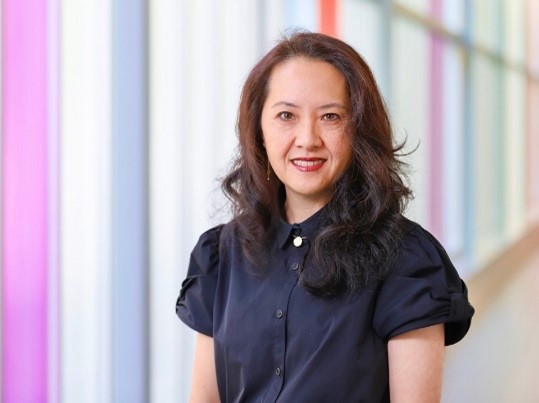
Dr. Doan's research program comprises projects evaluating pediatric emergency department patterns of use, the value of the care provided, and the efficiency of service delivery. Most recently, her work has focused on youth mental health emergencies and measuring pediatric emergency physician workloads. She is also focusing on how to improve inclusive research participation for diverse study populations and equitable access to the knowledge created through research.
"Research is a powerful tool to improve health outcomes. As such, the knowledge created by research needs to be pertinent the whole population. It is therefore essential that research is conducted with and by an inclusive population with diversity of thought and experience. I’m so grateful for the opportunity to contribute to this effort.”
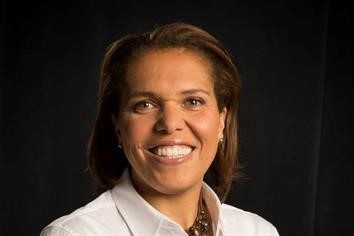
Dr. Ogilvie leads a dynamic research program focused on both global and public health as well as clinical aspects of reproductive health, sexually transmitted infections, cervical cancer screening and the HPV vaccine. Her team’s findings have been highly influential in setting and directing health policy both in Canada and globally. Most recently, her research helped to provide the foundation for the transition from
cytology (Pap test) to HPV testing, as part of national and global goals towards the elimination of cervical cancer.
“A career in science offers the unique opportunity to pursue deeply meaningful work with the chance to shape knowledge, society and lives.”
The individuals featured in this article are just a small number of those who stepped forward to share how they’re making meaningful contributions throughout PHSA to advance health care through science and innovation.
On the International Day of Women and Girls in Science, we reaffirm our commitment to equality, recognizing that a healthier tomorrow starts with empowering and supporting women in the scientific community today.
Investing in women in science is an investment in the future of health care. We stand as advocates for equal opportunities, encouraging women to thrive in the world of science.
Accelerate work in your field and amplify the impact of your practice with PHSA’s comprehensive suite of practice-based research support.
- Officer, Grants Administration, Research (BC Cancer – Vancouver)
- Leader, Biosafety Research Office of Research Facilitation (BC Cancer – Vancouver)
Or view other open positions with:
